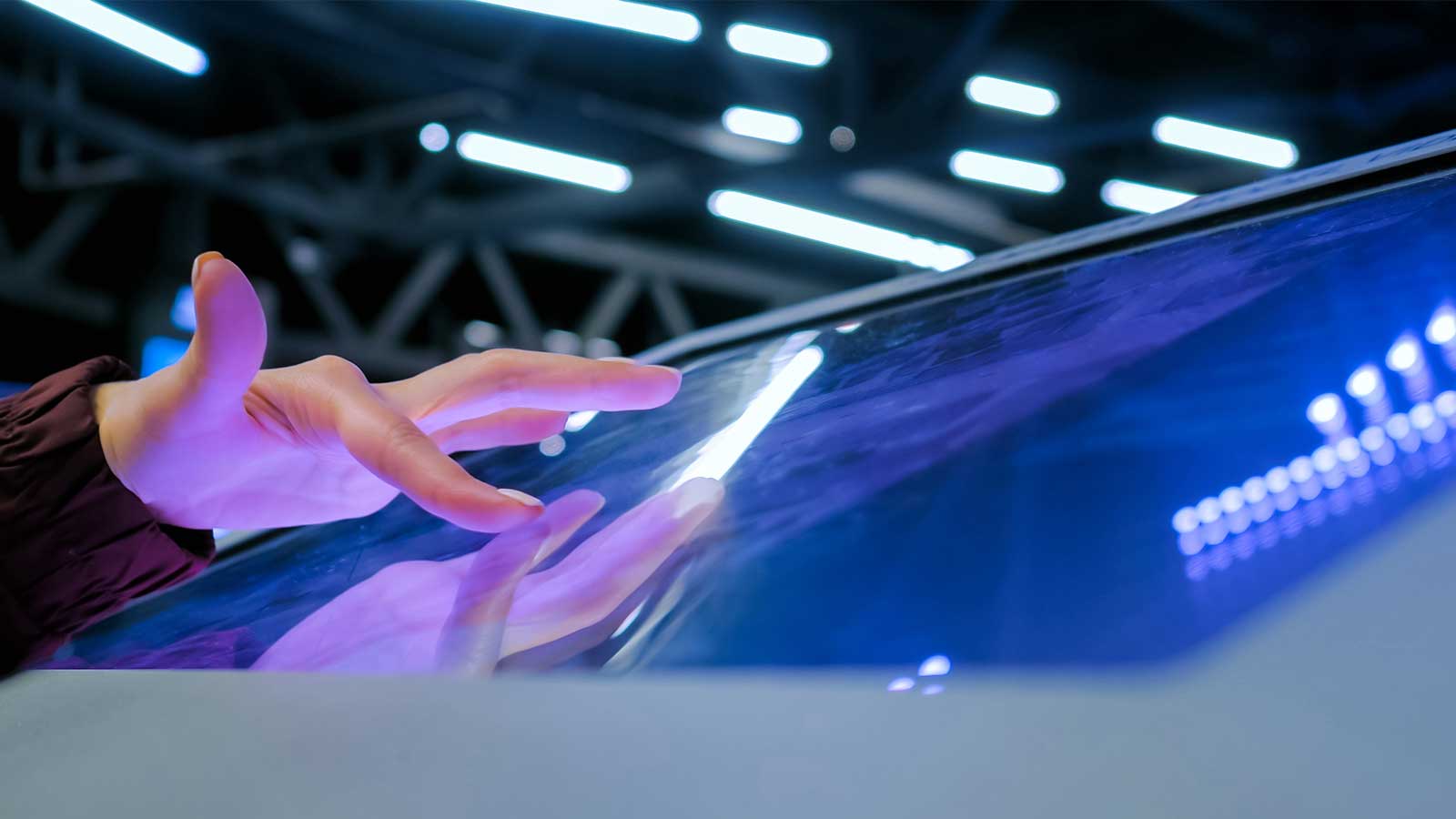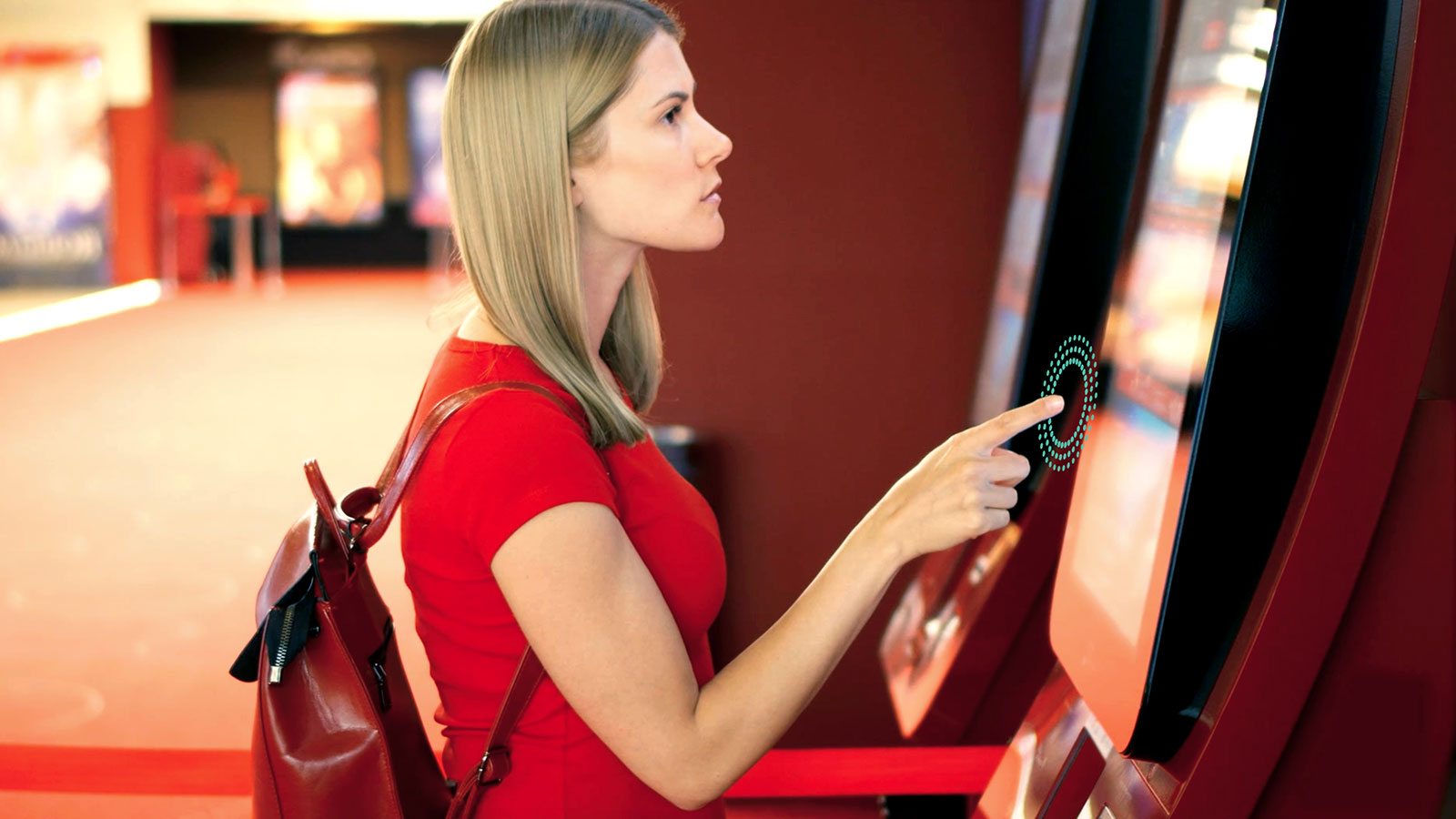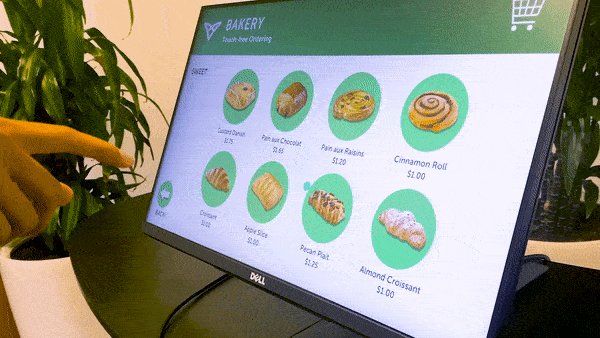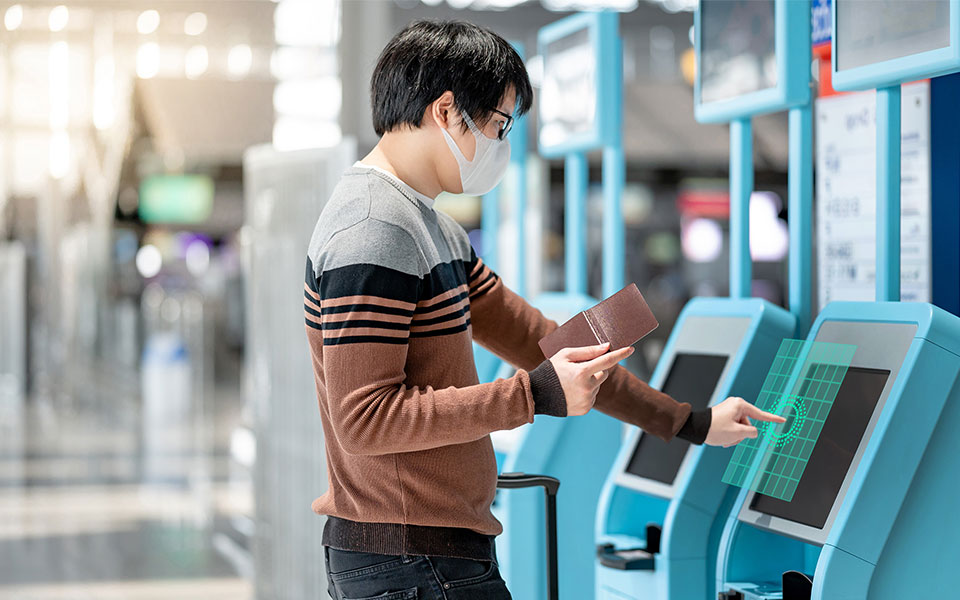Touch Screen Kiosks: Back to Business as Usual?
Posted; April 27, 2020
COVID-19 has dramatically changed consumers' perception of the hygiene risks of touch screen kiosks. Saurabh Gupta, Director of Out-of-Home Product at Ultraleap, explores the likely business impact – and the importance of developing touchless interfaces.
The change in perceptions of touch screen kiosks
“Flying out of Newark,” wrote a doctor in the Guardian newspaper in March 2020, “I found myself in a departure terminal where every table was festooned with tablet computers on stalks … All food and all payment was to be ordered by touching the tablets. Maybe they wipe them clean regularly, I thought, as I watched a kid pick his nose then start playing with the screen.”

This comment, and many more like it, illustrate what was an astonishingly rapid change in consumer perceptions of the hygiene risks of touch screen kiosks. 78% of US consumers and 81% of UK consumers now think that public touch screens are unhygienic.
And it looks like these changes will be lasting. "Overall, consumers want very high standards of hygiene," wrote S&P Global more recently. Pandemic "scarring" is driving adoption of touchless technology, according to a 2021 report by William Grant & Sons.
There have been concerns raised about hygiene before – a widely reported 2018 study found fecal bacteria on fast-food touch screen kiosks. However, these concerns did not result in significant changes to consumer behavior.
No longer. Over the last year people around the globe have voted with their feet – or rather, their hands. Only around 50% of people say they would be likely to interact with touch screen kiosks in the future.
Find out more about Ultraleap's gesture control solutions
Touch screen kiosk reluctance: The business impact
It’s possible, of course, that once the COVID-19 pandemic has finally passed we will all revert to previous behaviors. But it seems unlikely. COVID-19 "is one of those rare events that could have wide-ranging, long-term impacts,” Chris Schreiner, director of user experience innovation at Strategy Analytics, told Investor's Business Daily. “You would think consumers would be rather wary of interacting with something that thousands of people had touched before them."
It’s hard not to think that the business impact of this will be huge. At the most fundamental level, if people are reluctant to use touch screen kiosks, that’s going to make them less likely to interact or make a purchase.

There’s also the question of negative brand associations. If consumers are given little alternative but to interact using an ATM or gas-station touch screen kiosk when they don’t feel comfortable doing so, how will that affect their perception of the brand that requires them to do this?
Finding ways for consumers to use self-serve kiosks without coming into contact with them is likely to be one of the features determining which businesses successfully navigate their way out of the COVID-19 crisis – and which fall by the wayside.
We can’t go back to a world where the only option is a staffed cash register or check-in desk. Consumers are looking for smart, intentional solutions that retain the convenience of touch screen kiosks but address hygiene concerns. Solutions that don't create friction in the customer journey, or even enhance it beyond what touch screens can offer.

From touch screen kiosks to touchless technology
More contactless interfaces and interactions was the first of Forbes’ predictions for a post-coronavirus world. These include voice control, gesture controls powered by hand tracking and mid-air haptics, and contactless mobile systems. They’re all ways retailers and manufacturers can innovate, and successfully evolve touch screen kiosks.
It’s touch screens that have enabled widespread consumer adoption of self-serve kiosks. But in a world where consumers have become hyper-aware of the hygiene risks of shared surfaces, we now need to be thinking about touchless interfaces, touchless technology, and the next step towards the kiosks of the future.
For touch screen kiosks, going back to business as usual once the pandemic is over isn’t an option.
Saurabh Gupta leads Product and Commercial Strategy for the out-of-home sector for Ultraleap.
